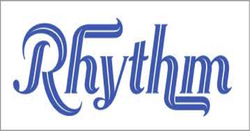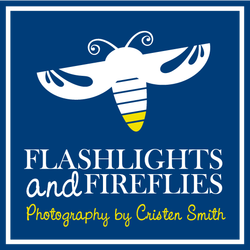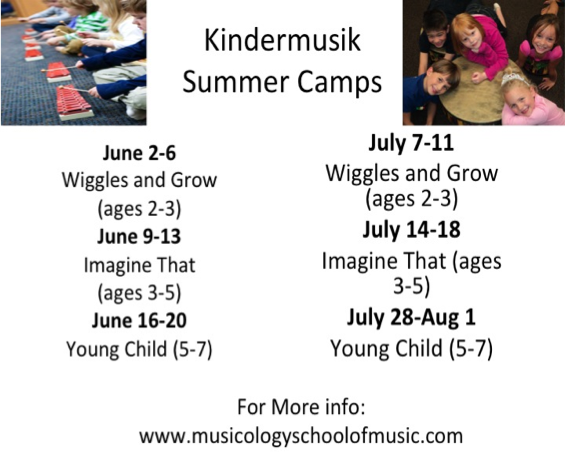 Important Dates: Quentin’s Vacation: May 13-19 Jonathan’s Vacation: May 19-26 May 18th: Adult Recital 2:00pm May 26th: Closed for Memorial Day June 28th & 29th: Summer Recital I Got Rhythm What is rhythm? Webster’s Dictionary defines rhythm as: “a regular, repeated pattern of sounds or movements” or “a regular, repeated pattern of events, changes, activities, etc.”. The Encyclopedia Britannica states: “rhythm, in music, the placement of sounds in time. In its most general sense rhythm (Greek rhythmos, derived from rhein, “to flow”) is an ordered alternation of contrasting elements. The notion of rhythm also occurs in other arts (e.g., poetry, painting, sculpture, and architecture) as well as in nature (e.g., biological rhythms).” I say rhythm is the most basic thing that makes us who we are as a people. From the time that man could pick up a stick and strike something with it or bang two rocks together, people have been playing and celebrating rhythm. From conception, man is indoctrinated with rhythm: from the mother’s heartbeat to the lilt of dad’s voice to the cadence of the teacher teaching the alphabet song to the sound of the birds chirping to noise of traffic passing by, every aspect of life has rhythm. Rhythm is the one indispensable element of all music. Rhythm can exist without melody, as in the drumbeats of primitive music, but melody cannot exist without rhythm. Does every person have rhythm? Yes, absolutely. Does everyone have great rhythm? No. If you fall in this category, don’t fret! As with anything else, through dedication and practice, a great sense of rhythm can be achieved. Start off slowly. Listen to your favorite song and try to tap your foot or finger in time with the music. Most music happens in counts of 4. Count to 4 over and over again in time with the music, truly listening to the rhythm of the music. Tap to the beat of your turn signal while stopped at traffic lights. Anything you can do to stay in tempo with a constant sound that is not produced by you will help your rhythm. Once you can do this, move the tap of your finger to an instrument. Any instrument will do, but some sort of drum is probably the easiest initially. Playing a drum is immediate gratification. You do not have to learn how to make a drum sound good. You just hit it and it makes a sound. Current research is now verifying the therapeutic effects of ancient rhythm techniques. Recent research reviews indicate that drumming accelerates physical healing, boosts the immune system and produces feelings of well-being, a release of emotional trauma, and reintegration of self. Other studies have demonstrated the calming, focusing, and healing effects of drumming on Alzheimer's patients, autistic children, emotionally disturbed teens, recovering addicts, trauma patients, and prison and homeless populations. Study results demonstrate that drumming is a valuable treatment for stress, fatigue, anxiety, hypertension, asthma, chronic pain, arthritis, mental illness, migraines, cancer, multiple sclerosis, Parkinson’s disease, stroke, paralysis, emotional disorders, and a wide range of physical disabilities. Musicology has a few options that will help you discover your rhythm. Intro to Percussion Summer Camp (ages 8-12) will introduce students to the percussion family and to basic rhythms. Our African Drumming Class, is an ongoing class that will help the student learn basic beginner up to complex rhythms in a fun and relaxed group setting. Of course there is always private lessons taught by our percussion faculty, these thirty minute one on one lessons develop plans for your individual rhythm needs. Students who take other instruments lessons, but struggle with rhythm have seen dramatic improvements by taking a summer of percussion lessons or group classes. If you are interested in one of these options contact the office for more info. Written by Quentin Roddie Founder of Musicology Summer Lesson InfoSummer is quickly approaching and we know that some people choose to take the summer off, so we wanted to remind everyone of our withdrawal policy. · If you choose to withdraw, you must let us know by the 15th day of your last month you are attending. If you do not let us know by the 15th, you will be charged for the next month and will be expected to attend. · If you choose to withdraw, you forfeit your time slot and it will most likely be filled when you return. We are constantly signing up students and several of our teachers have no availability or very limited availability left. · You will have to pay the $25.00 registration fee to get back on the schedule when you return. Keep in mind that we offer unlimited make-up classes. If you do not want to give up your spot, but do want to take some time off for summer, you can just make those classes up at your convenience. (e.g.): Problem: Jane’s son, John, takes drum lessons at 4:00 Wednesdays. This works perfect with their schedule because John is involved in Baseball, Boy Scouts, Football, and other things as well. Wednesday is the only day that the other activities don’t meet. If they give up their spot for the summer, they probably won’t be able to get that spot back when school starts back. Solution: Jane lets the drum instructor know that they want to take a break in June to go on vacation and relax. The drum instructor keeps them in their 4:00 Wednesday time slot and just gives them 4 make-up credits so that they can take those classes at their convenience, even before summer begins! The make-up credits are good for an entire year. Make-up classes are taught on Saturdays. The make-up class schedule is up for the entire calendar year. You just go to our website, www.musicologyschoolofmusic.com, and click on the “makeup classes” tab. You will then see the classes that are offered that week. If you don’t see the class you want on the schedule, just scroll forward using the button labeled “week” at the top of the page until you find a class that works with your schedule. You then click “sign in” to the class you want and enter your/your child’s name. It’s that simple and you can keep your regular meeting time on the schedule! June 23-27 Intro to Percussion June 23 – 27 Intro to Guitar July 21-25 Intro to Percussion July 21 -25 Intro to Guitar  Teacher of the Month Lilly Anderson What do you teach? I teach piano and violin. I like to include opportunities for composing, in addition to theory, in lessons. What is the best part of teaching? When a student is able to play a song they love. Not only have they learned a new piece, often difficult, but now they have a song that they'll enjoy playing again and again. How does playing and practicing music impact a child's life? Learning music is much like learning a new language. It takes at least a little bit every day to master it, and once mastered gives another way to express themselves. In learning music a child builds creativity and learns to build positive habits. Remembering to practice every day for thirty minutes can later be applied to remembering to study every day. What is your favorite type of music and why do you enjoy it? I enjoy symphonic rock music and new age music the most. Symphonic rock includes elements from classical music and brings a lot of new instruments and techniques into a song. New age music is very open and story-like which is either very relaxing or engaging. Musicology School of Music Welcomes Lilly to our teaching faculty!  Student of the Month: Mattie Davis 1. What instrument do you play? Drums 2. How long have you taken lessons? 4 years 3. What are your hobbies, besides music? Gardening and taking care of grandbabies. 4. What was your goal when you started taking lessons? To play in church, I’ve played 2 or 3 times and would like to play more. 5. What is the coolest thing you’ve learned in your lessons in the past 3 months? The song “Give Me One Reason” by Tracy Chapman. 6. What do you do for a living? I teach nursing at Drake State.  Flashlights and Fireflies is the Official Photographer of Musicology School of Music http://www.flashlightsandfireflies.com 256.542.1629 |
NewsletterMusicology School of Music teaches over 600 students a week from the Archives
June 2025
|
Our Services |
Our Company |




 RSS Feed
RSS Feed
